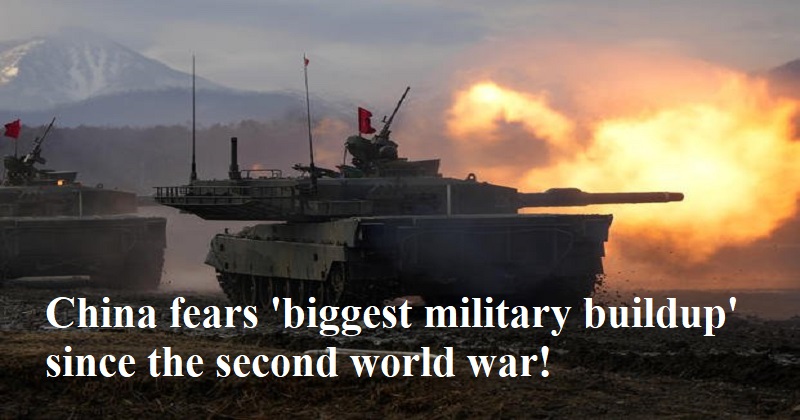
Japan has approved its largest military buildup since the Second World War, stating that China represents the ‘highest strategic challenge ever’. The plans, which the administration unveiled on Friday, reflect rising concern over a more aggressive Chinese military and a North Korean state that keeps advancing its nuclear and ballistic missile capabilities.
Japan aims to double defence spending to 2% of gross domestic product (GDP) over the next five years. The increase would bring it into line with Nato countries and make it the world’s third-biggest spender on defence after the US and China. But the changes have triggered criticism that Japan is abandoning its post-war pacifism. Article 9 of the constitution, drawn up by US occupation forces after the second world war, renounces war. Critics say that has left Japan ill-equipped to deal with threats posed by China and North Korea.
Since the Ukraine conflict and amid worries that a Chinese invasion of Taiwan may endanger Japan’s security, the public has been increasingly supportive of a more powerful military. Japan was claimed to be facing ‘the severest and most challenging national security environment since the conclusion of the war,’ according to one of the papers, the national security plan.
Japan’s government has approved an increase in defence spending by 20% to meet what it calls the threat from North Korea and China. Debate has also swirled around plans to allow Japan’s self-defence forces to carry out counterstrikes against enemy bases overseas. Despite a nuanced wording of the strategy, the main threat is China, for which Japan has had to prepare ‘by using North Korea’s threat as a cover’, says a retired army officer.
Japan’s prime minister has opposed calls to use government bonds to help pay for the defence outlay, estimated at ¥43tn ($320bn) over the next five years. Instead he will gamble on tax rises that his party and its junior coalition partner, Komeito, endorsed on Friday. The document, revised for the first time in almost a decade, identifies Beijing as a regional security threat. The army, navy and air force will be placed under a joint command to respond more quickly to emergencies. Professor Chris Hughes says the changes are likely to ‘radically strengthen’ Japan’s military power.

Post Your Comments